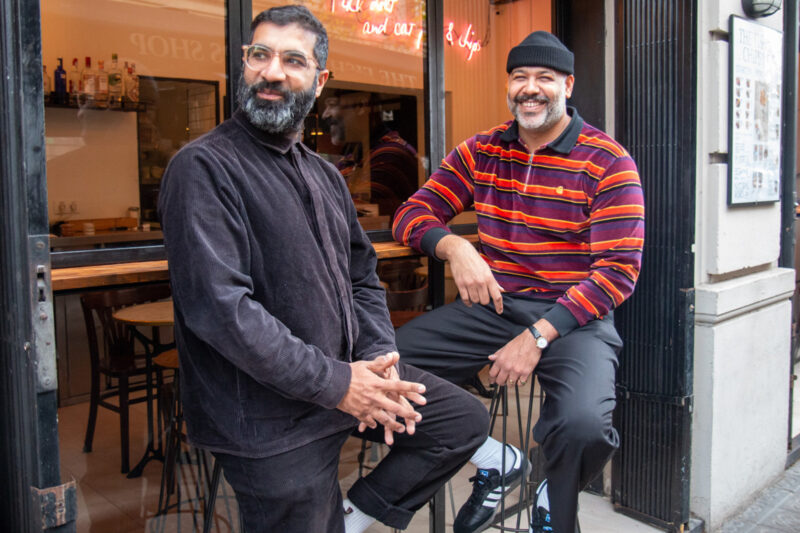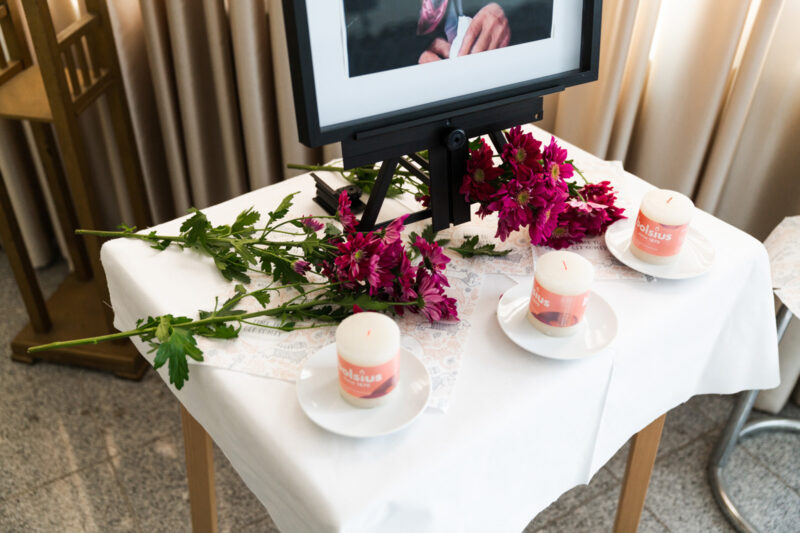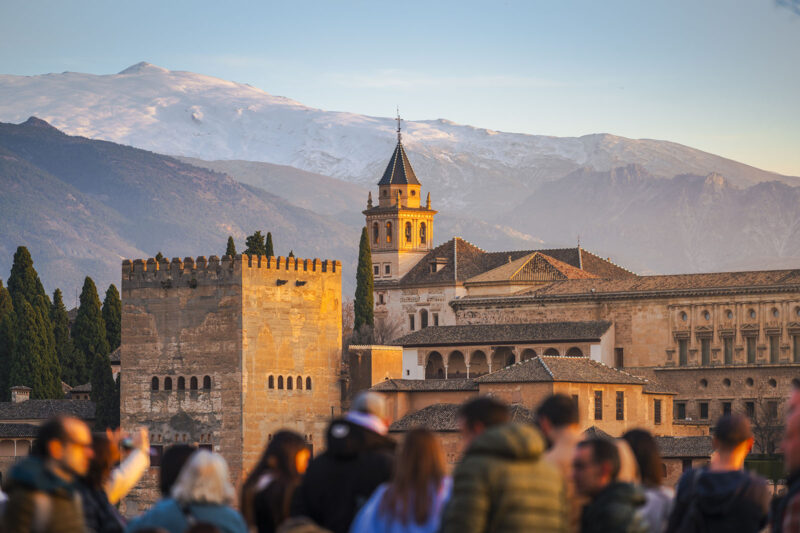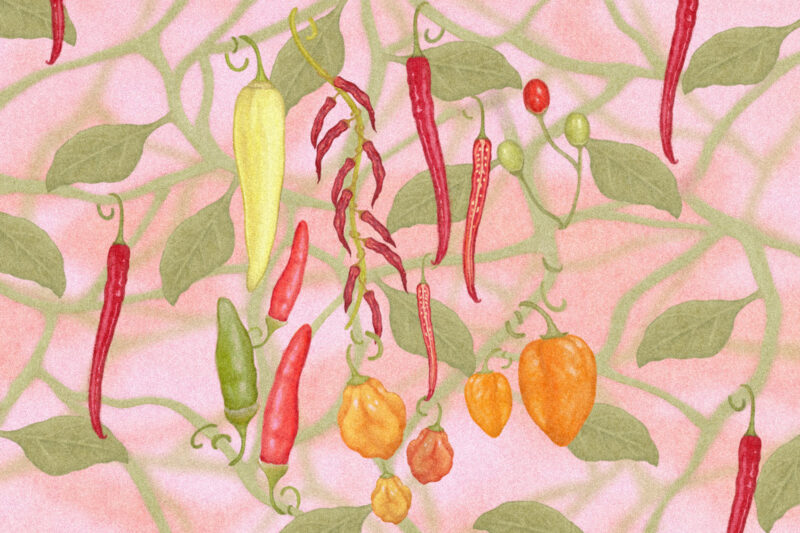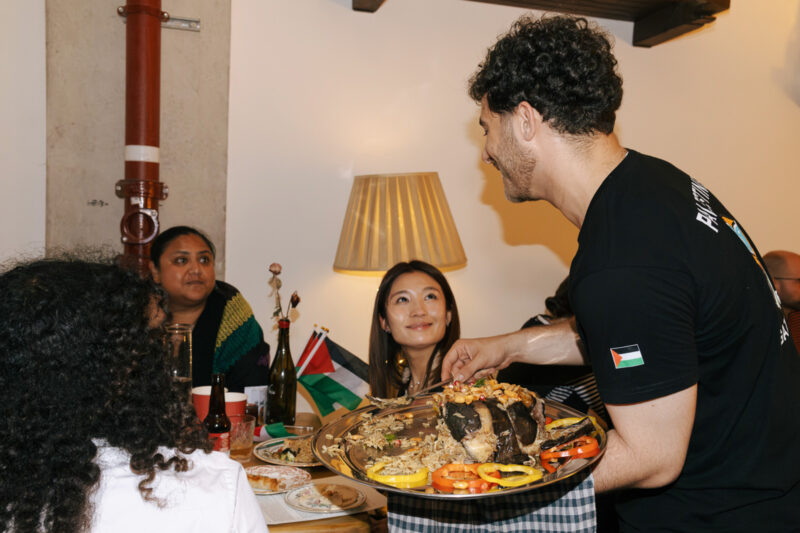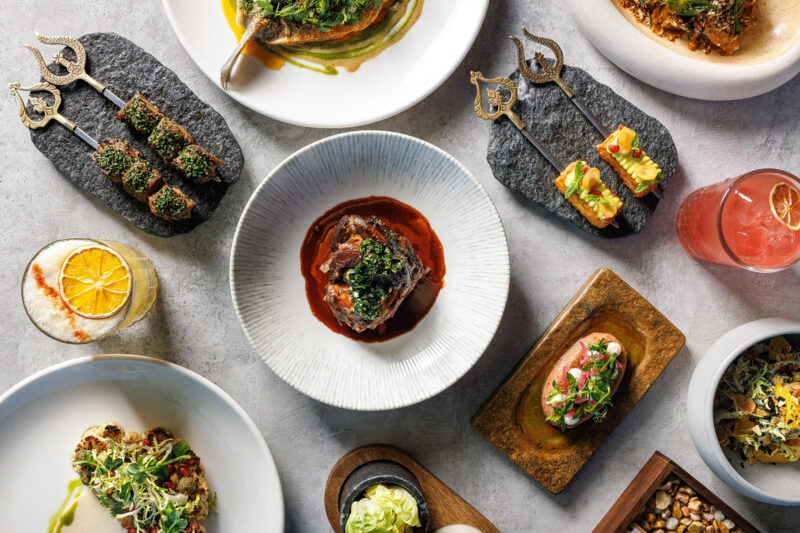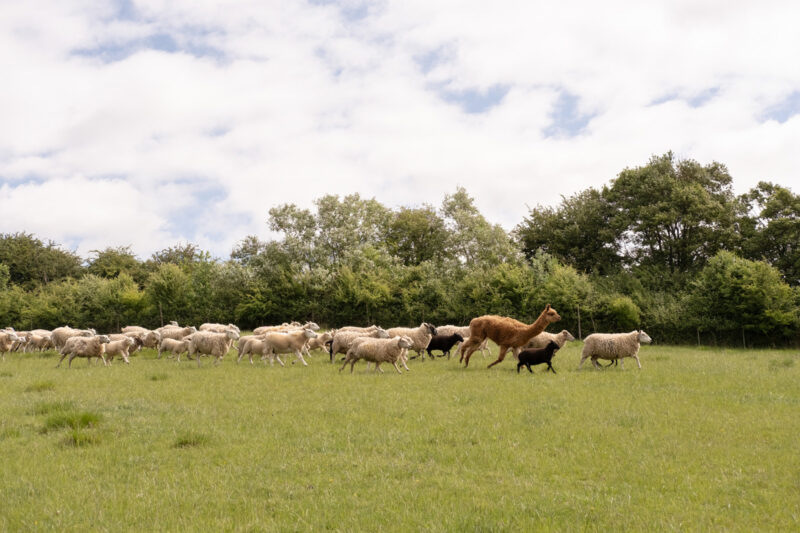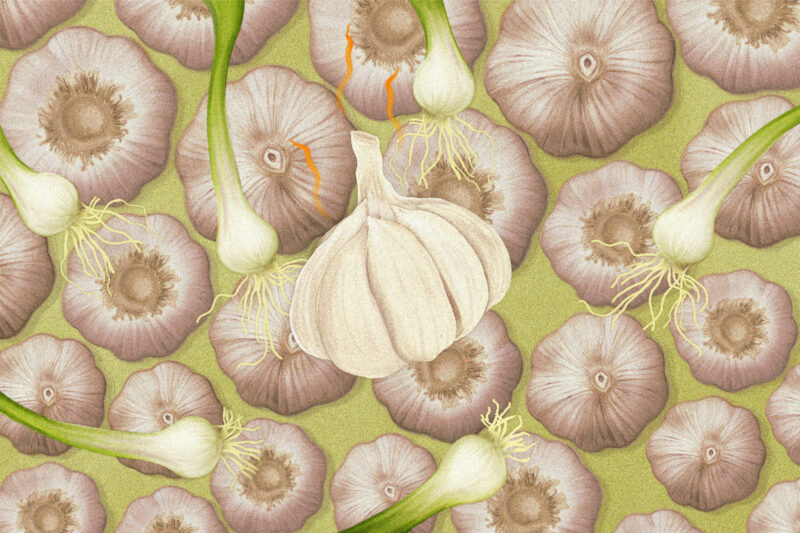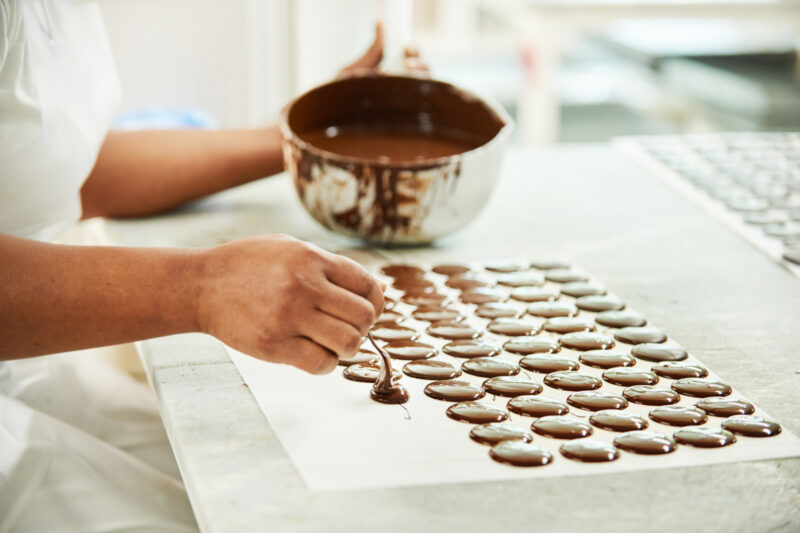A halal take on a traditional Spanish delicacy
In a tiny village in Murcia, two farming pioneers are making lamb ham that Muslim and non-Muslim gastronomes are going wild for
–
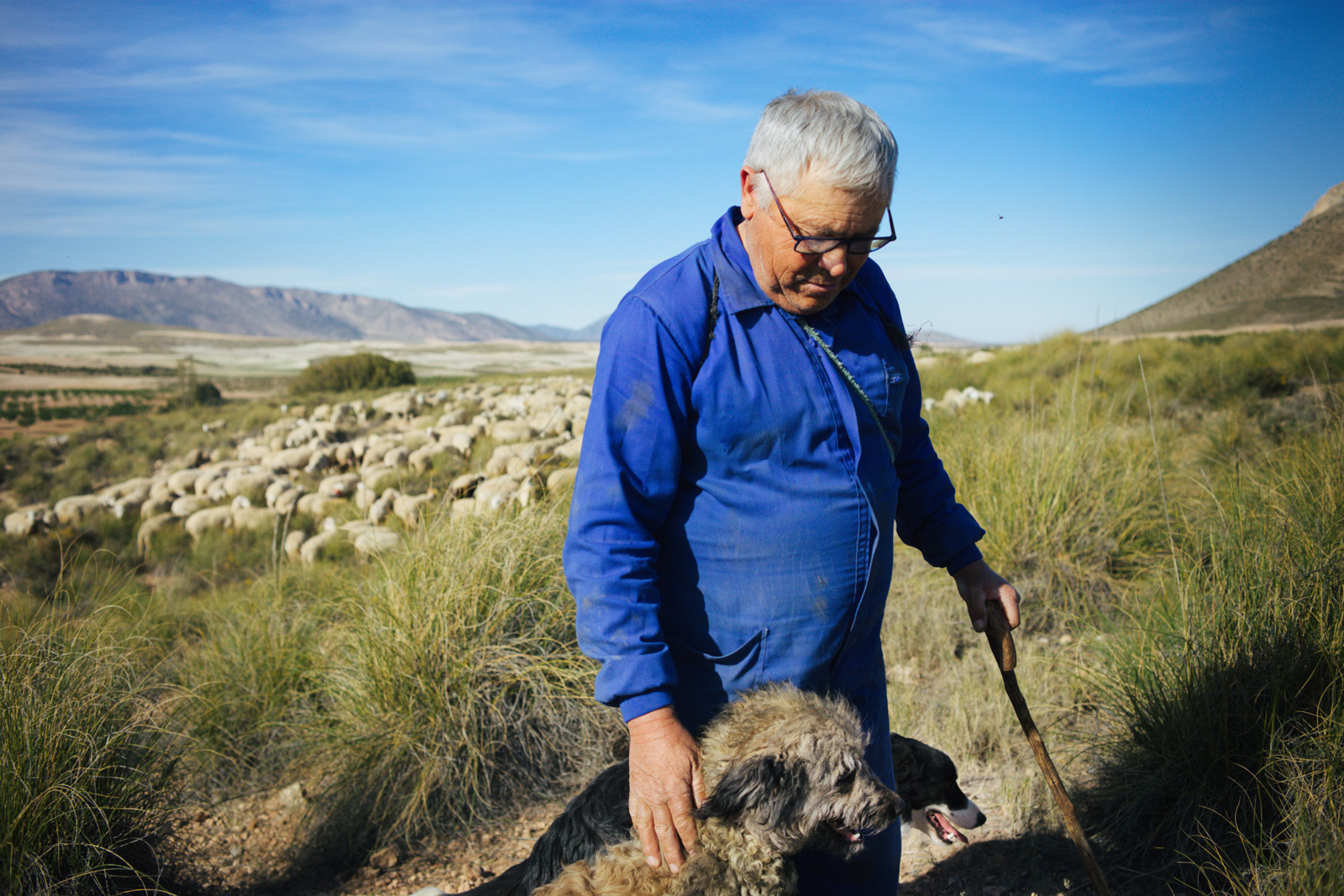
There’s a special calmness on the rolling plains around Los Royos, a tiny village two hours’ drive inland from holiday hotspot Alicante in southern Spain. Across the hills, the lazy buzzing of flies and a warm, whistling breeze are all that can be heard — apart from the unmistakable sound of 1,200 sheep.
José Juan Sánchez Martinez, 40, is feeding the rams as they prepare for mating season. He grew up on this remote livestock farm, which he later inherited from his father, along with the surrounding land. Instead of simply continuing the family business, he wanted to find a way to make sheep farming more lucrative and attractive.
With business partner José Miguel Piñero Guillen, also 40, he saw an opportunity in lamb-based charcuterie for the halal market, which numbers 4 million residents and tourists in Spain and, according to the Halal Institute, an even bigger export market. “Charcuterie from pork is very traditional in Spain and it has caught the attention of many Muslims but, as they can’t eat it, they’ve never been able to access this type of product,” Sánchez said. “So we thought it would be an interesting market for lamb charcuterie.”
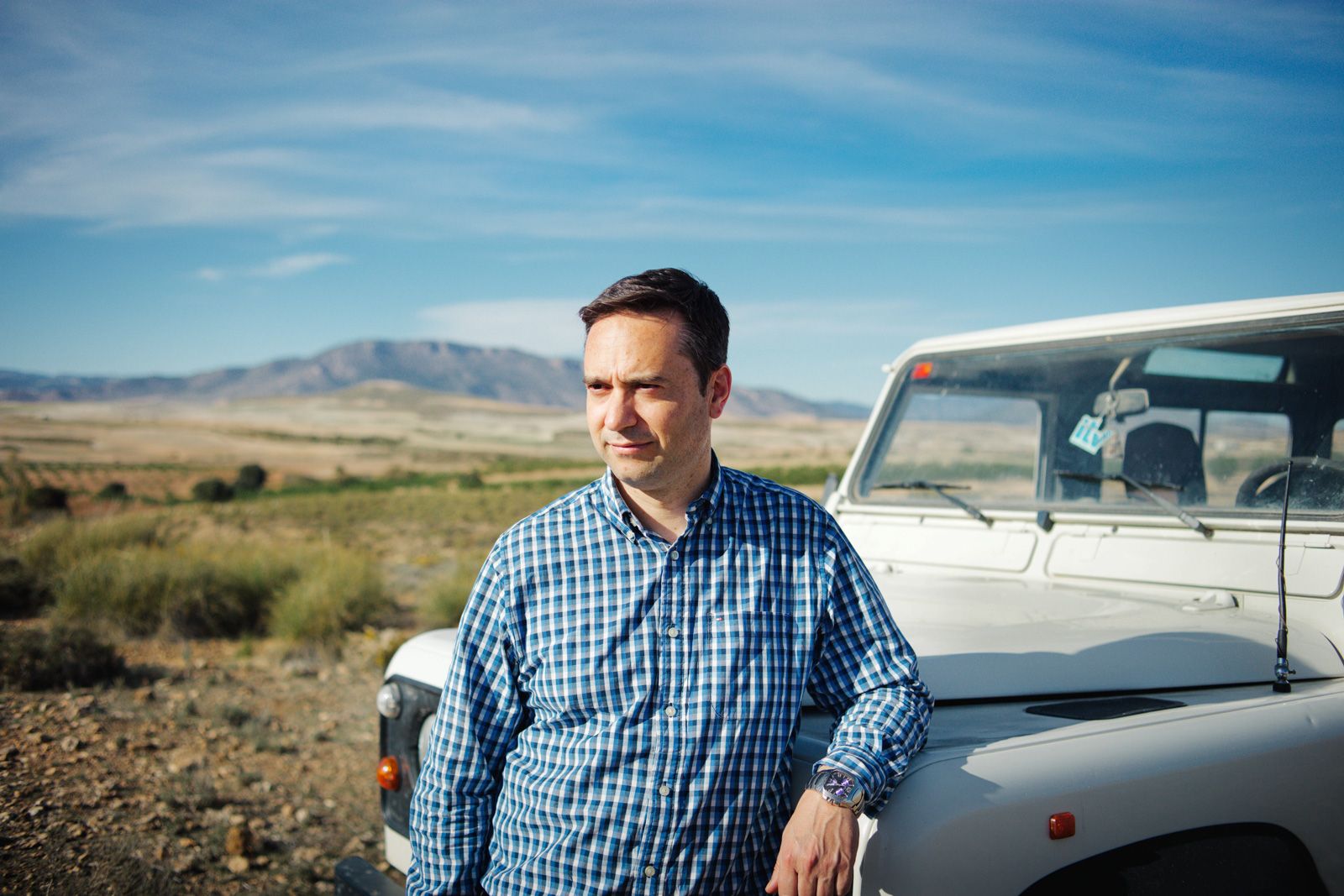
A 2023 report by Fortune Business Insights estimates that the global halal market will be worth $3.27tn by 2028, mainly driven by a growing Muslim middle class spending more on high-quality food. “When we attended Gulfood, the world’s biggest food fair in Dubai in February, we saw that Muslim consumers like our products, even if they aren’t typically in their gastronomy,” Sánchez said.
In 2022, Sánchez left a stable government job as an agricultural engineer and Piñero resigned from his sales role to develop their halal idea. “It was tough, especially trying to convince my family,” Sánchez admitted. The two of them set up the consortium Ovifoodtech, which also includes the cured meat shop La Despensa del Peregrino and the Murcian Institute for Agricultural and Environmental Research and Development (Imida). They then hired Isabel Crespo Bolaños to help with their marketing, plus two Moroccan shepherds and a local farmer.
However, developing the right taste and texture for the charcuterie turned out to be the real challenge. “With lamb, the process changes a lot because it’s a very different type of meat,” Sánchez said. “It has less fat and requires you to adapt the production process.” Working with Imida, they tested various combinations of meat cuts, spices and production methods and, in April 2023, were finally happy enough with their product to start selling.
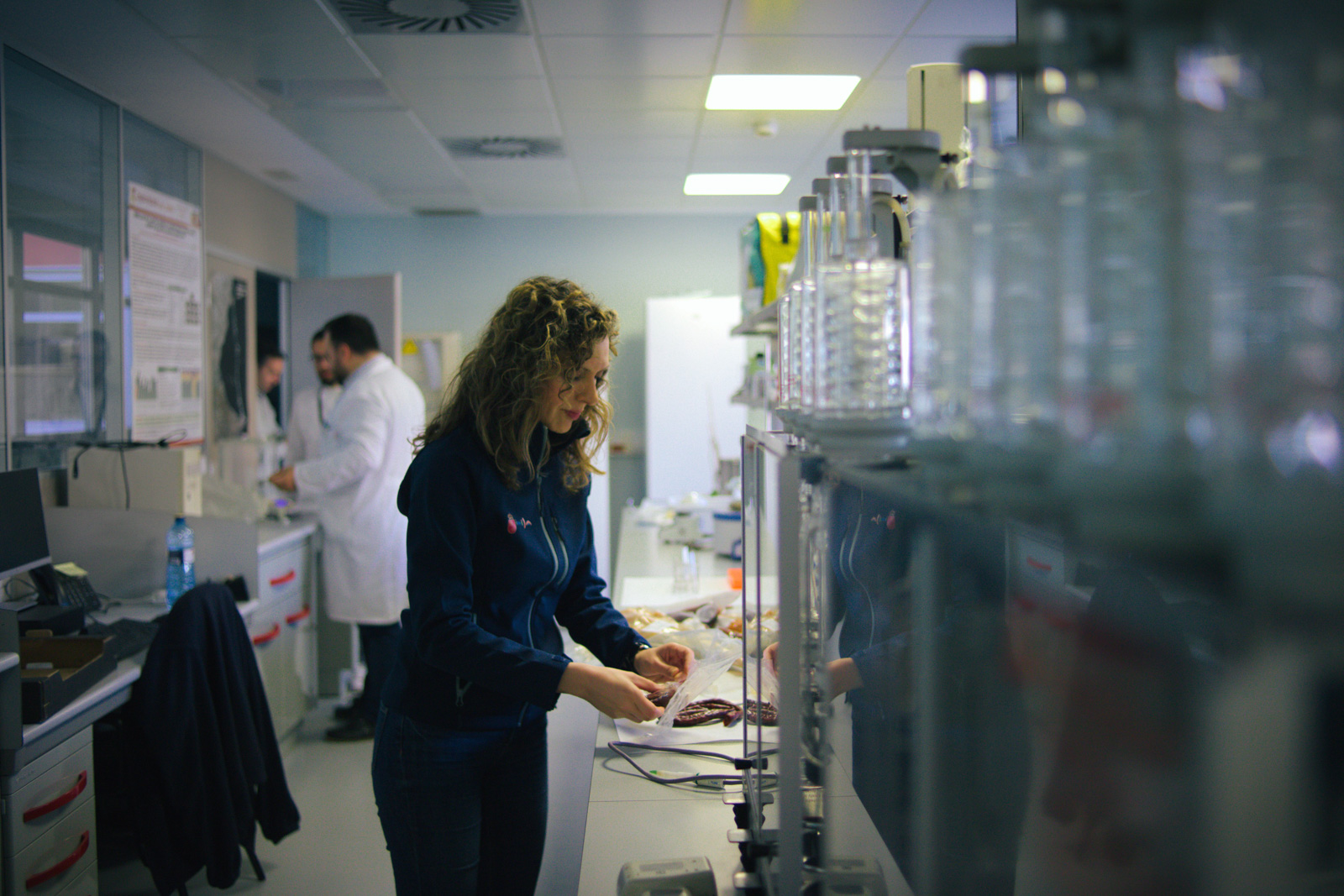
Under the brand name La Dehesa de Gaia, they now produce chorizo, dry sausage, salami, a Mallorcan sausage called sobrasada and cured leg of lamb ham, which bears a striking resemblance to the traditional hams that Murcia is famous for.
“We wanted to use Murcia’s livestock history and preserve its traditions, but look for new products that would allow us to add value to the product,” said Piñero.
The result looks almost identical to the region’s local delicacy but the taste of lamb is striking, mixed with smoky paprika, garlic and tangy black pepper.
“While the animals mainly feed on grass and other plants like thyme, you sometimes have to supplement it,” explained Sánchez.
For decades, Sánchez’s family has also farmed wheat and other grains. They are now given to the sheep instead of processed soy feed. At around seven months, the lambs are taken to a halal-certified butcher. “Almost all butchers in Murcia have the certification,” Sánchez said, explaining that many Muslims, especially from Morocco, have gone to work in the region’s agricultural sector. The meat is then taken to an artisanal charcutier.
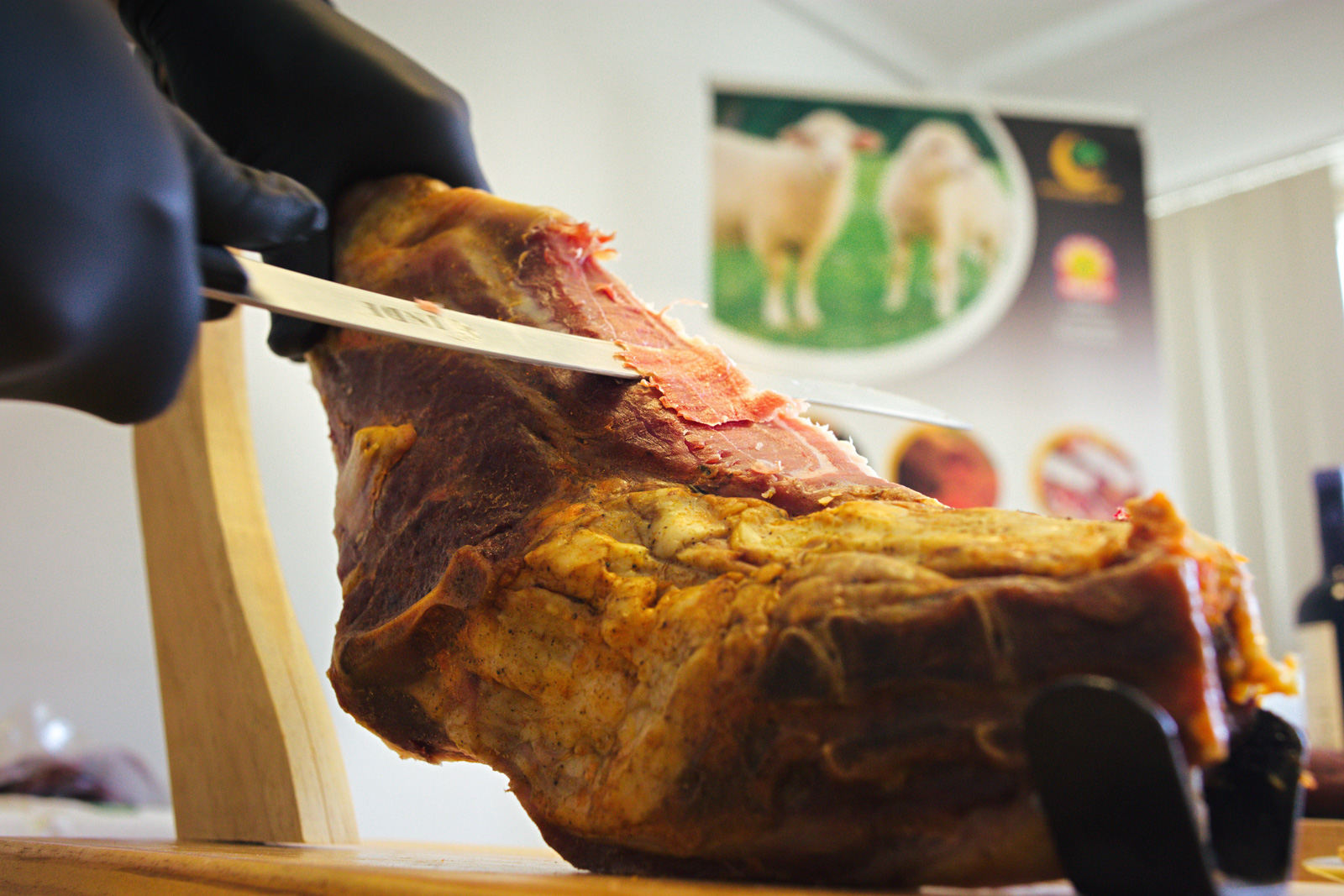
High labour costs — shepherds have to take the sheep out to pasture every day for seven months — and rising prices of essentials such as petrol make La Dehesa de Gaia’s products expensive for most Spaniards. Its chorizo is sold for €10 and the leg of lamb ham for €50. For now, most customers are private individuals in France and Germany who buy directly from the company’s website. It also sells directly to gourmet food shops and restaurants.
At a recent product tasting in Murcia, the lamb ham quickly disappeared from the table and guests commented on the delicious flavour of the chorizo. Walid Boutelioua, 41, an Algerian living in Murcia, is already a loyal customer. “I’ve had friends at home and I invited them to try the leg of lamb ham. They loved it,” he said, adding that his wife, who converted to Islam, is also fond of the products.
Non-Muslim chefs and private customers interested in sustainability and animal welfare have also started buying La Dehesa de Gaia’s products. Irene López, a chef and co-owner of the restaurant Loreto, in the town of Jumilla, was pleasantly surprised the first time she tried them. “We’re particularly using the leg of lamb ham. It’s so aromatic — you find notes of flowers, of thyme — and these aromas help us to compose dishes in a way that’s not possible with pork,” she said.
While few use lamb, other halal charcuterie producers in Spain have been working with beef for years. In León, a region in Northern Spain well known for its cecina — a cured meat made from the back leg of a cow — Cecinas Nieto has been trading for two decades. “There aren’t so many gourmet products on the halal market, but people are starting to demand more,” said Conchi Nieto Martinez, the company’s export manager.
In the UK, halal charcuterie has been around for almost a decade but, according to chefs, not to the same standard. Eight years ago, Hamza Harrak, the English-Moroccan chef and owner of halal steakhouse HS & Co in east London, came across Ojos Foods and the selection of halal cured meats imported by Encina Barragan from her native León, including those from Cecinas Nieto.
“It’s different in Spain because the halal market isn’t massive and Moroccan influence goes back centuries,” Harrak said. “In UK supermarkets you can find [halal] chorizo but it’s not even close to the original thing. It’s just this disgusting mass-market produce, which is why I get my products from abroad.”
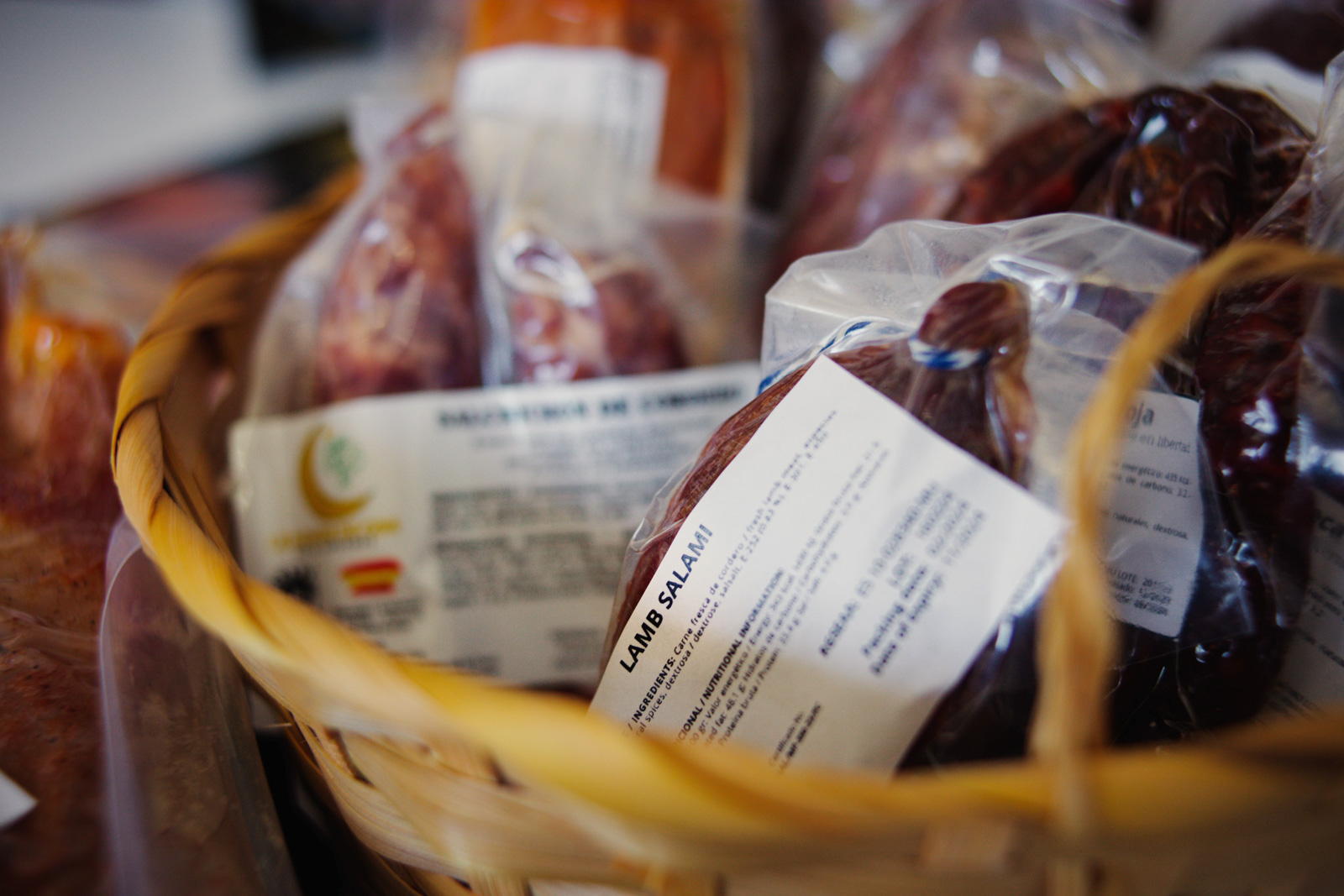
When Harrak first introduced the Spanish products in his restaurant, he would get a lot of funny looks and people questioning if the products were really halal. But his chorizo croquetas have been a staple of the menu for years. “When people try them, they love it.”
For now, La Dehesa de Gaia sells only inside the European Union but hopes to expand to other markets, including the UK and the United Arab Emirates. In Los Royos, Sánchez and Piñero are busy scaling up production.
“We’re currently in the process of looking for a bigger production space and a charcuterie maker that can work exclusively with us in order to manage the increasing demand,” Sánchez said. Before too long, you may be seeing Dehesa de Gaia charcuterie on British shelves and menus.
 Newsletter
Newsletter

